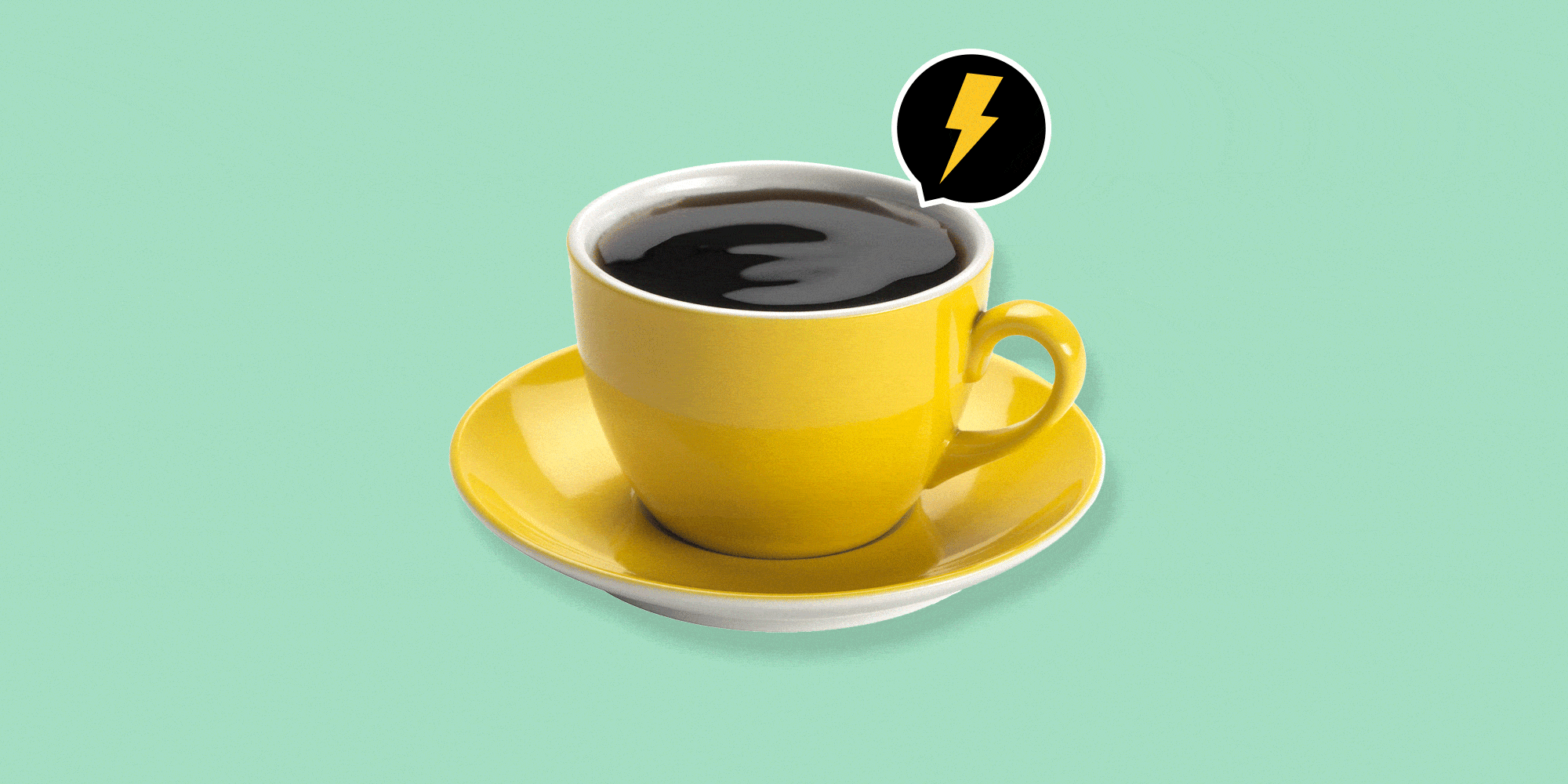


However, developing such a bean through conventional breeding or even genetic modification has proved more difficult than anyone anticipated.Ĭoffee plants take five years to begin producing mature beans and they need to ripen synchronously and be of a size and shape that can be harvested easily by hand or by machines.īack in the 1980s, there was an attempt to produce caffeine-free coffee in the 1980s by American scientists based DNA Plant Technology in New Jersey, but only produced a string of high-profile papers and not a drop of marketable coffee. Researchers have long sought a better bean, harvested directly from the plant caffeine-free to preserve coffee's complex flavour and give growers a high-end slice of the decaf market. What happened? We decided to investigate… That was fifteen years ago and yet this much heralded naturally decaffeinated coffee is still nowhere to be seen. One of the researchers wrote: "Given that C arabica has a narrow genetic diversity and that even accessions from Ethiopia and Arabia (now Yemen), as well as old varieties, all produce high-quality coffee, it is likely that AC plants will produce a good beverage."
#Youtube healthnut nutrition decaf coffe plant based free
The scientists promised a future of decaf that was as good as caffeinated thanks to an Ethiopian variety of Coffea Arabica that they had successfully crossed with a caffeine-free variety to produce a natural caffeine free commercial crop within five years as part of a genetic coffee breeding programme. The plants, labelled AC1, AC2 and AC3, appeared to lack an enzyme needed to make caffeine. Back in the old days of 2004, there was a lot of press announcing the news coffee-loving insomniacs the world over have been waiting for - a naturally caffeine-free coffee plant.īrazilian agronomists studied 3,000 coffee plants from Ethiopia and found three that had almost no caffeine.


 0 kommentar(er)
0 kommentar(er)
